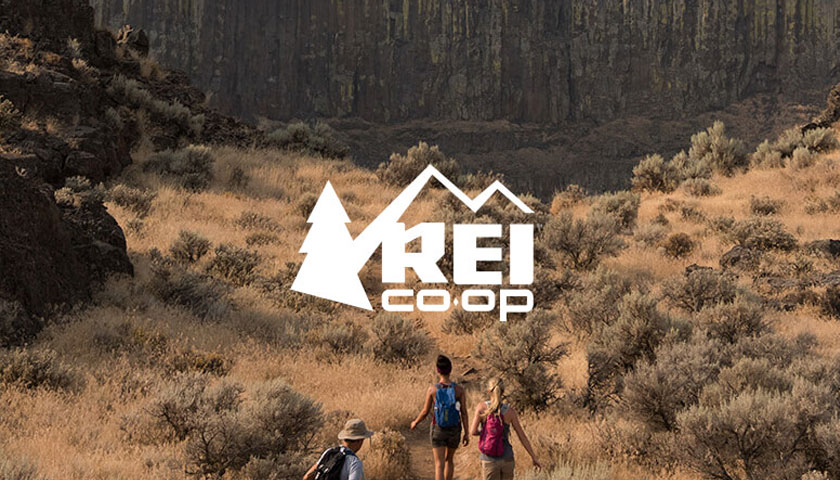For 82 years, REI has fought for life outdoors. They have prioritized environmental and climate action, and invested in public lands in order to assure access to the outdoors for generations to come. Despite the outdoor community’s efforts, the climate crisis remains the greatest existential threat to our future. REI Co-op and their members see its very real impacts all around us, hitting ever-closer to home. It’s beyond time to take more holistic, concerted action.
At the co-op, they are committing to carbon neutrality, starting with 2020’s operations. They’re also committing to reducing our carbon footprint by 55% over the next 10 years. And by working with diverse stakeholders and engaging thousands of employees and 19 million lifetime members, REI will step up its advocacy to better address the impacts of the climate crisis.
Going Carbon Neutral
The science is clear and can’t be ignored. The costs are growing. The impacts are disproportionately harming marginalized communities. Avoiding the worst impacts of climate change will require keeping global average temperatures within 1.5°C of pre-industrial levels which, in turn, will require everyone to do their part.
On our part, we have pledged to reduce our 2020 emissions by over half –55% – by 2030. No retailer has yet accomplished this, but we know what needs to get done. And we believe it is critical not just to reduce our own brands’ greenhouse gas emissions, but also the emissions embedded in the products from the more than 1,000 brands we sell. We will share what we learn along the way, open-sourcing our lessons learned and best practices. In addition, beginning with our 2020 emissions, we’ll invest in carbon credits to offset each metric ton of carbon the co-op emits from our own brands and operations. To assure accountability and certify our compliance, we are formally joining ClimateNeutral.org.
Focusing REI’s Advocacy Where We Can Have the Greatest Impact
While REI is committed to reducing our own footprint, we also need systematic policy change to truly combat the broader crisis. That’s why we’re pairing our emissions reduction work with advocacy efforts to amplify REI’s impact. Our approach is nonpartisan, allowing us to stay focused on the work that needs to be done. The majority of Americans, regardless of political affiliation, believe the government should do more to combat climate change, and we need policymakers on both sides of the aisle to adopt solutions that dramatically increase carbon sequestration opportunities and reduce carbon emissions. And given the urgency of the moment, we need action from policymakers at the federal, state and local levels.
Building on the co-op’s decades of experience in creating and sustaining the outdoor places where America recreates, and in convening diverse stakeholders to align around common goals, we believe our advocacy can add the most value in three areas:
- ACCELERATING NATURAL CLIMATE SOLUTIONS
- We can help increase reforestation and active forest management, as well as take other steps to harness and supplement nature’s ability to store carbon.
- RE-GREENING OUR URBAN AND SUBURBAN AREAS
- By zeroing in on and re-greening the built environment, we can increase carbon storage, reduce the health and environmental harms of urban “heat islands,” and improve quality of life by increasing access to the outdoors. This also requires doing so in a way that forthrightly addresses inequitable access to parks and greenspaces.
- FOSTERING LOW-CARBON TRANSPORTATION OPTIONS FOR EVERYONE
- We can work to dramatically expand infrastructure for inherently low-carbon mobility options like bike, pedestrian and mass transit, as well as increasing vehicle electrification.
We have crafted this agenda to intentionally drive multiple co-benefits. In addition to taking on climate change, these policies would create infrastructure-building jobs, increase opportunities to enjoy the outdoors, improve public health and community well-being, and counteract longstanding inequities.



